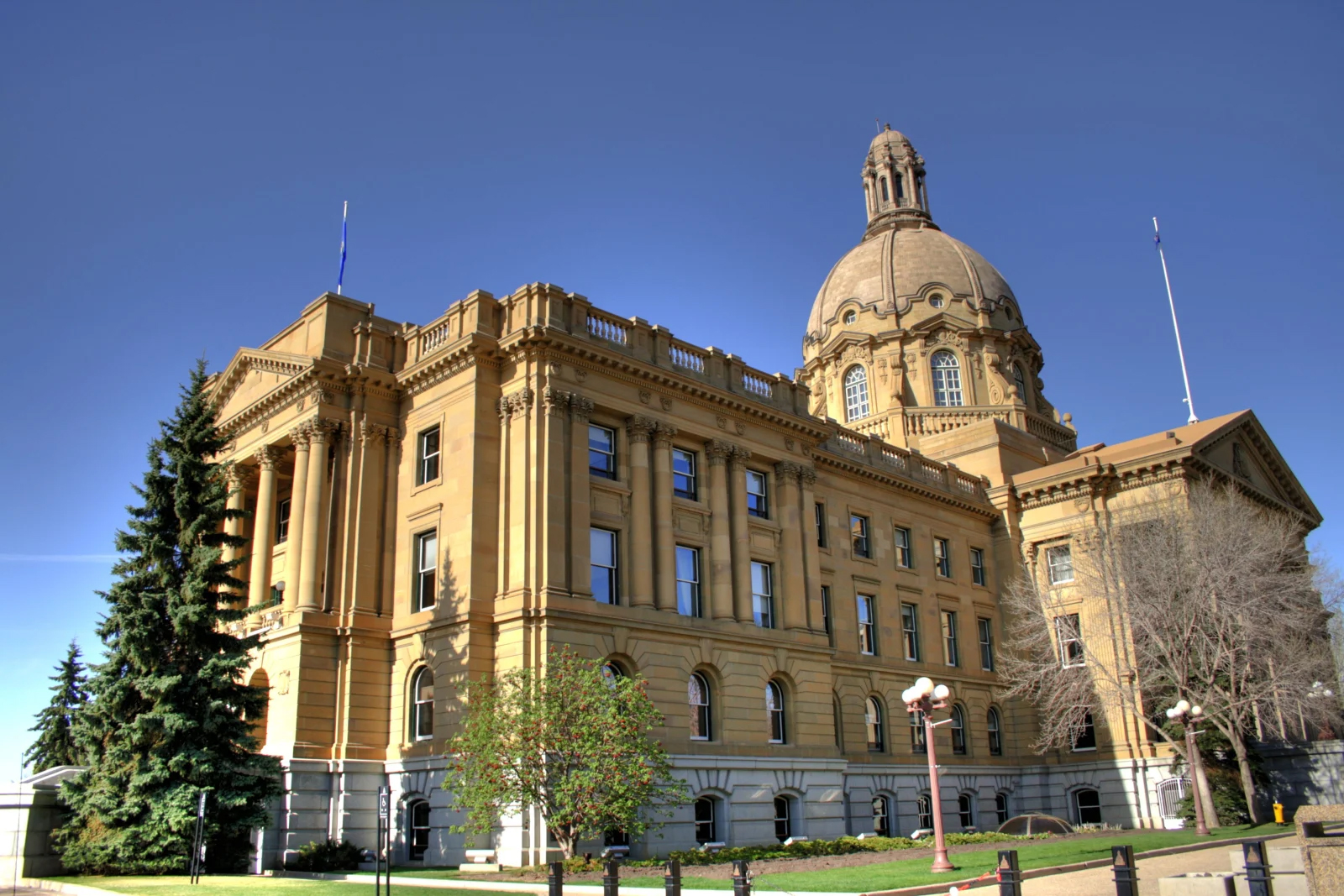As Alberta’s political arena braces for the upcoming spring session of the legislature, contentious debates over healthcare reform and fiscal constraints are set to take center stage, with Premier Danielle Smith signaling a cautious approach to budgetary allocations in the face of mounting challenges.
The session, slated to commence this week, is expected to witness robust discussions on sweeping structural reforms aimed at addressing critical deficiencies within Alberta’s healthcare system, particularly the acute shortage of family physicians. Dr. Paul Parks, representing the Alberta Medical Association, underscored the urgency of finding immediate solutions to retain and recruit family doctors, whose vital role in primary care has been compromised by inadequate funding and escalating costs.
“The need for action is pressing,” Parks emphasized, highlighting the adverse impact of the physician shortage on patient access to essential healthcare services. Despite the government’s pledge of $200 million to support family physicians, concerns persist over the sustainability of current funding models and the viability of Alberta’s primary care infrastructure.
Moreover, looming over the legislative agenda is the government’s proposed restructuring of Alberta Health Services (AHS), a pivotal agency responsible for delivering frontline care provincewide. Under the new model, AHS is slated to undergo significant decentralization, with the establishment of four distinct agencies focusing on primary care, acute care, continuing care, and mental health and addiction services. However, apprehensions abound regarding the potential fragmentation of healthcare delivery and its implications for patient outcomes.
Dr. Parks voiced apprehension over the restructuring initiative, cautioning against implementing sweeping changes amid a healthcare crisis. Uncertainties surrounding the organizational structure and governance of the proposed agencies raise concerns about continuity of care and patient navigation within the revamped system.
Premier Smith’s recent address underscored the fiscal challenges facing the province, with softening oil prices limiting the government’s capacity to match spending with population growth. While assuring that spending cuts would be avoided, Smith emphasized the need for fiscal restraint, with priority accorded to healthcare, education, and social supports.
Opposition NDP house leader Christina Gray echoed concerns over the government’s approach, citing the need for robust investments in healthcare and education to address systemic issues of overcrowding and chaos. Gray pledged to hold the UCP government accountable for fulfilling its promises and called for transparent discussions on proposed legislative changes, including reforms impacting transgender youth.
Amidst the political landscape, Alberta finds itself in a period of transition, with the NDP undergoing a leadership race to succeed Rachel Notley. Notley, who will remain in office until her replacement is selected in June, emphasized the urgency of addressing pressing issues facing the province, including healthcare, education, and social inclusion.
As legislators convene for what promises to be a challenging session, the stakes are high for Alberta’s future trajectory, with healthcare reform and fiscal prudence emerging as pivotal battlegrounds in the quest for effective governance and equitable service delivery.









